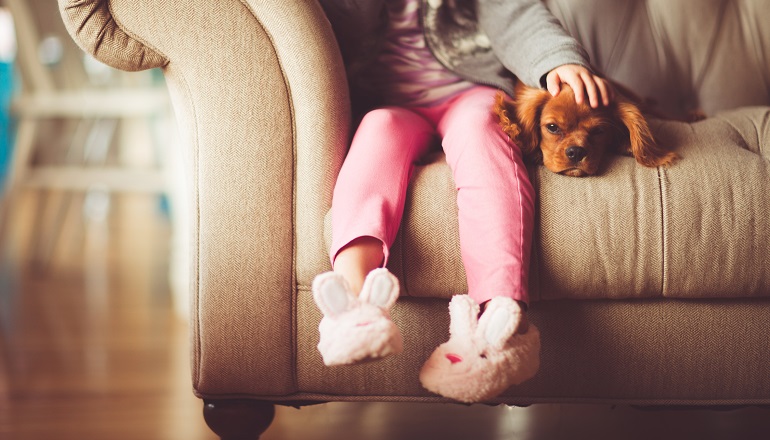A friend recently told me that her eight-year-old daughter’s behavior had changed. Her little girl was now closing the bathroom door and asking for Privacy! The drawings and stories she once proudly shared were now stashed in a drawer. And her world of imaginary play, which used to routinely involve her mother, was now solitary play that stopped when Mom entered the room. “What’s going on?” my friend lamented. “Why am I on the outside now?”
As children progress through the early grade school years, their sense of self emerges. Your once uninhibited, outgoing child is now somewhat self-conscious, and is likely to be more aware of others expectations and judgments of her.
During this time, six- to eight-year-olds focus on gaining skills as a means of developing self-esteem. As a result, they may want more independence from their parents, so they can master skills on their own. They may also become more physically modest, asking for privacy when bathing or changing clothes.
Drawing Boundaries
Privacy issues may have broader implications for our children. Peers may ask your child, “Where are your real parents?” or “Why didn’t they keep you?” when you’re not around. Each child will handle such questions differently, but you can help your child decide what to reveal and what to keep private.
Begin by finding quiet moments to have open discussions. For example, if adoption comes up in a movie or book, discuss how the adoptee has chosen to tell his story. Share the ways in which your family talks about adoption, and ask whether those seem right to your child. Tell her that she will ultimately be the caretaker of her own story and must decide how much she wants to reveal—and to whom. If a close friend asks questions, your child might entrust her with personal details and share her lifebook. But if a peer or acquaintance gets too nosy, she might say, “That’s none of your business. That information is private.”
As adopted children create boundaries in their lives, they may wish to keep certain things private from their parents. When a child pulls back, a parent may feel like an outsider, be insecure about her parenting skills, or fear that she’s losing the child she worked so hard to adopt. But every child—adopted or not—needs a sense of self, separate from her parents, so she can develop healthy relationships and self-esteem.
Every stage of childhood represents a new phase for parents, too. Knowing what’s normal and expected can ease the discomfort of change for everyone.



